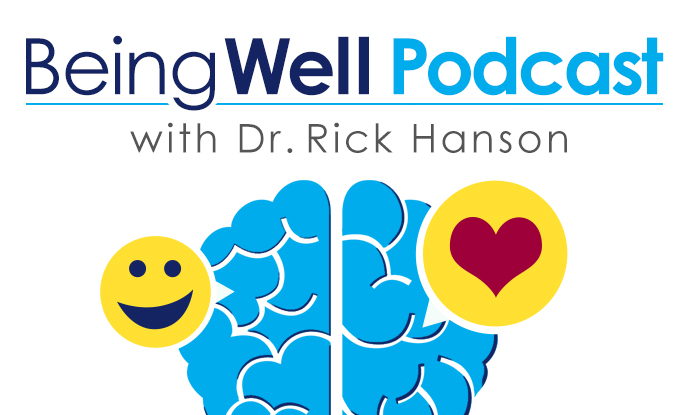30 Jul Being Well Podcast: Injustice and Anger

On today’s episode of Being Well, Dr. Hanson and Forrest talk about managing one of our most difficult emotions – anger – and how to deal with injustice and anger.
In this episode on injustice and anger, we discuss:
- The physical and interpersonal costs of anger
- Distinguishing between skillful and unskillful anger
- Using anger as a tool to find deeper issues.
- Relating to anger around issues of social justice.
Timestamps:
1:15: The physical costs of anger.
3:40: The interpersonal costs of anger.
5:15: How can we remove the costs of anger without turning into a doormat?
11:00: Finding the line between skillful and unskillful anger.
18:00: Using anger to find our deeper wants and needs.
19:45: What tends to lie under anger?
24:45: Tribal anger and social justice
29:50: The importance of saying “I’m sorry.”
31:50: Tribal leaders and the value of mobilizing anger.
33:55: Outraged vs. enraged
35:45: Recap
If you would like to learn about Dr. Hanson’s online program Neurodharma, follow this link!
In this online program, you will experience and develop seven qualities at the heart of the highest happiness – and live from them more deeply and continuously.
You’ll learn from both ancient wisdom and modern neuroscience, engaging your brain and body as you explore the upper reaches of human potential.
You’ll get ideas and methods to be more present, have compassion for yourself and others, rest in a calm and grateful confidence, feel whole, and know your interconnectedness with everything.
Included with the program are over 15 hours of powerful video teachings on the science and wisdom of Neurodharma, over 6 hours of guided practices, 8 weeks of guidance with regular email encouragement, downloadable handouts and audio files, and lifetime access and a 30-day full-refund guarantee.
Use the code BEINGWELL for 10% off the purchase price.






